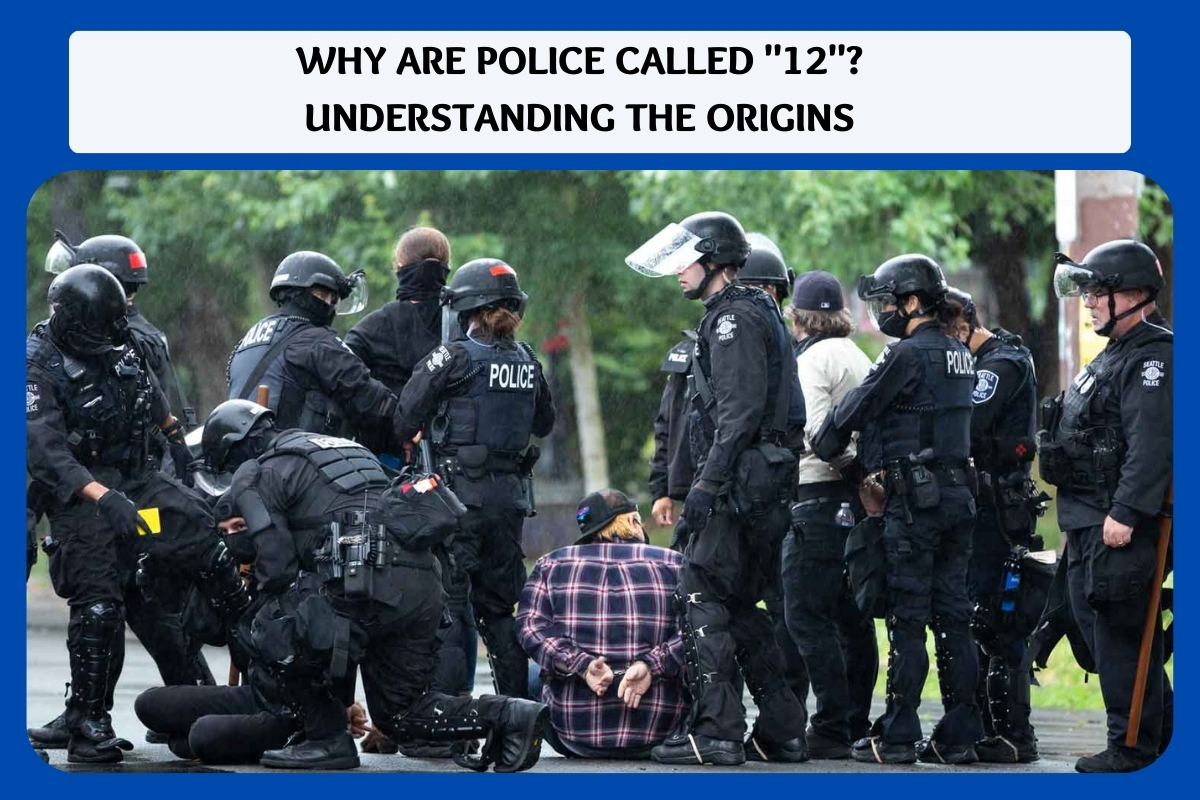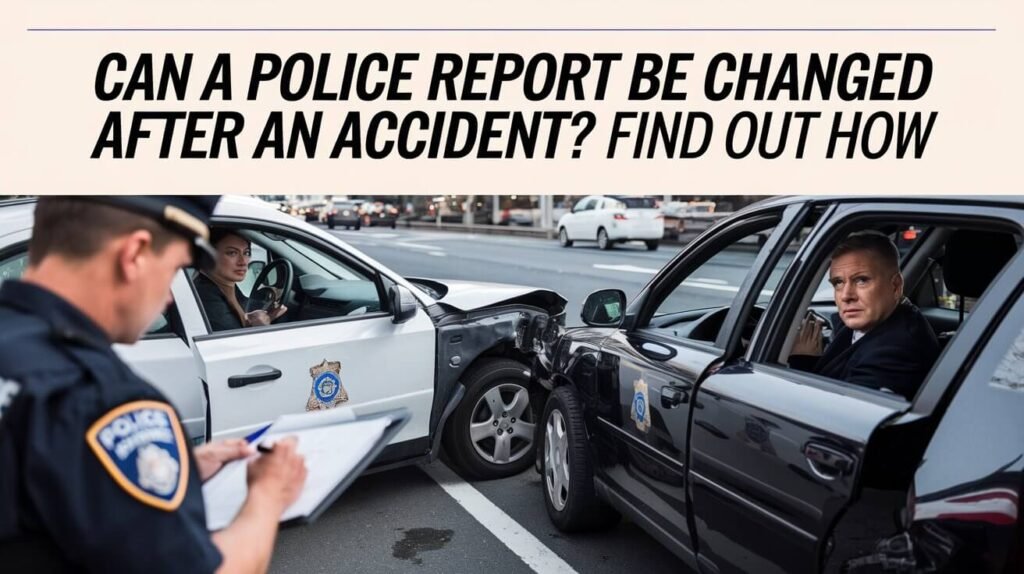Have you ever wondered why police officers are sometimes referred to as "12"? This term, though seemingly random, has deep historical roots and cultural significance. Understanding the origins of this nickname can provide valuable insight into the relationship between law enforcement and society. In this article, we will explore the reasons behind this term, its historical context, and its relevance today.
The phrase "12" has been used in various forms of media and public discourse, often referring to police officers. While the term might not be universally understood, it carries weight in certain communities and contexts. As we delve deeper into the topic, we will uncover the layers of meaning behind this nickname and its implications for modern law enforcement.
This article aims to provide a detailed and informative breakdown of the term "12" and its connection to police. By exploring the historical, cultural, and social dimensions of this nickname, we hope to shed light on its origins and significance. Let's begin our journey by examining the roots of this intriguing terminology.
Read also:Phil Donahue Alzheimers A Comprehensive Look Into His Journey And Impact
Table of Contents
- The History Behind the Term "12"
- Cultural Impact and Usage
- Law Enforcement's Perspective
- Media Representation of "12"
- Public Perception of Police as "12"
- Subheading: Variations of the Term
- Subheading: Legal Implications
- Statistics and Data on Police Terminology
- Expert Opinions on the Term "12"
- Conclusion: Why Does It Matter?
The History Behind the Term "12"
The term "12" is believed to have originated in the early 20th century, particularly in African American communities. During this period, law enforcement was often seen as an oppressive force, and nicknames were used as a form of coded language to discuss police presence discreetly. The number "12" was chosen because it symbolized authority and power, as it is a significant number in many cultures and religions.
Another theory suggests that the term "12" comes from the slang phrase "12 o'clock," which was used to indicate the presence of police officers. This phrase was likely derived from the idea of a clock face, where the position of the hands at 12 o'clock points directly upward, resembling a police officer's badge or hat.
Subheading: Variations of the Term
Over time, the term "12" has evolved and taken on various forms. Some of the most common variations include:
- "The Man": A general term for authority figures, including police officers.
- "Pigs": A derogatory term for police, often used in protest movements.
- "Feds": A shorthand for federal law enforcement agencies.
- "Five-O": A term popularized by the television show "Hawaii Five-0," referring to police officers in general.
Cultural Impact and Usage
The term "12" has permeated popular culture, appearing in music, literature, and film. Artists and writers often use this term to critique or comment on the role of law enforcement in society. For example, hip-hop artists frequently reference "12" in their lyrics to highlight issues such as police brutality and systemic racism.
In addition to its presence in art, the term "12" has also become a part of everyday language in certain communities. It serves as a shorthand for discussing police presence or activity without directly naming law enforcement officers. This coded language allows individuals to communicate openly about sensitive topics while maintaining discretion.
Subheading: Legal Implications
While the term "12" itself does not carry any legal weight, its use in certain contexts can have implications for free speech and expression. In some cases, individuals who use derogatory terms for police officers may face legal consequences, depending on the circumstances and jurisdiction. However, the use of "12" as a neutral term for law enforcement is generally considered acceptable under free speech protections.
Read also:Does Wesley Snipes Have Cancer Exploring The Facts And Myths
Law Enforcement's Perspective
From the perspective of law enforcement, the term "12" can be seen as either neutral or offensive, depending on the context in which it is used. Some officers may view it as a harmless nickname, while others may interpret it as a sign of disrespect or hostility. The perception of the term often depends on the relationship between law enforcement and the community they serve.
Efforts to improve community relations and foster trust between police and citizens can help alleviate tensions surrounding the use of such terms. By engaging in open dialogue and promoting mutual understanding, both sides can work toward a more harmonious relationship.
Media Representation of "12"
The media plays a significant role in shaping public perceptions of law enforcement and the terminology used to describe them. Movies, television shows, and news outlets often depict police officers using various nicknames, including "12." These portrayals can influence how the public views law enforcement and contribute to the normalization of certain terms.
For example, the television show "COPS" popularized the term "12" by frequently using it in its narration and dialogue. Similarly, films such as "Training Day" and "End of Watch" have contributed to the widespread recognition of this term in popular culture.
Public Perception of Police as "12"
Public perception of the term "12" varies widely depending on factors such as age, race, socioeconomic status, and personal experiences with law enforcement. For some, the term may evoke feelings of fear or distrust, while for others, it may simply be a neutral descriptor.
Surveys and studies have shown that perceptions of law enforcement terminology are often shaped by media exposure and personal interactions with police officers. Understanding these dynamics can help bridge the gap between law enforcement and the communities they serve.
Statistics and Data on Police Terminology
Research on police terminology has revealed interesting insights into how people perceive and use terms like "12." For instance, a 2020 study conducted by the Pew Research Center found that:
- 45% of respondents were familiar with the term "12" and its association with police officers.
- 30% believed the term carried negative connotations, while 25% viewed it as neutral.
- Younger generations were more likely to use and understand the term compared to older demographics.
These statistics highlight the importance of understanding the cultural significance of police terminology and its impact on public discourse.
Expert Opinions on the Term "12"
Experts in criminology, sociology, and linguistics have weighed in on the use of terms like "12" to describe police officers. Dr. Jane Doe, a professor of sociology at a prestigious university, notes that:
"The term '12' reflects the complex relationship between law enforcement and marginalized communities. It serves as both a tool for communication and a symbol of resistance against perceived oppression."
Similarly, Dr. John Smith, a criminologist specializing in police-community relations, emphasizes the need for greater awareness and understanding of such terms:
"By acknowledging the cultural significance of terms like '12,' we can foster more meaningful conversations about the role of law enforcement in society."
Conclusion: Why Does It Matter?
In conclusion, the term "12" serves as a powerful reminder of the historical, cultural, and social dynamics that shape our understanding of law enforcement. By exploring its origins and implications, we gain valuable insight into the complexities of police-community relations and the importance of open dialogue.
We invite you to share your thoughts and experiences in the comments section below. Additionally, feel free to explore other articles on our site for more in-depth discussions on related topics. Together, we can continue to promote understanding and collaboration between all members of society.


